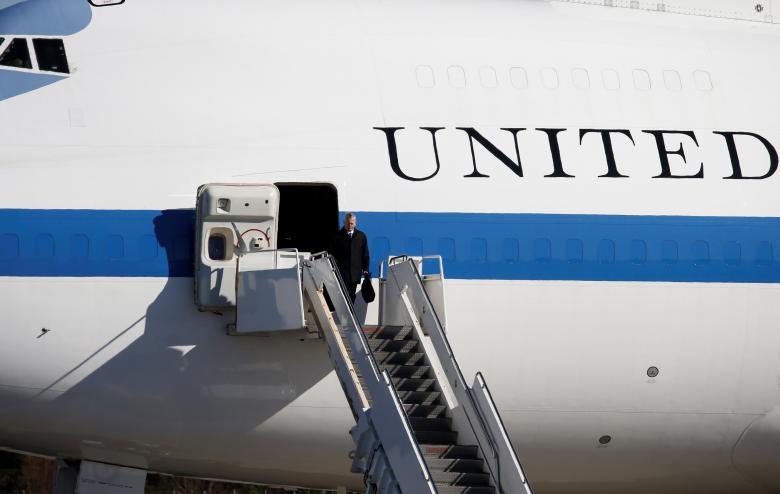Muslims in Xinjiang up to age 16 must change ‘overly religious’ names
A summary of the top news in Chinese politics and current affairs for June 5, 2017. Part of the daily The China Project news roundup "South China Sea: Does China have ‘contempt for other nations’ interests’ or is the U.S. ‘irresponsible’?"

A ban on “overly religious” baby names in the Xinjiang Uyghur Autonomous Region that The China Project noted on April 25 has now been extended to all children up to age 16, the Guardian reports. Names outlawed include Islam, Quran, Mecca, Jihad, Imam, Saddam, Hajj, Medina, and Arafat — children with such names will have to change them before they receive their national identification cards at age 16.
For more on the politics of religious names among Xinjiang’s Uyghurs and a complete list of banned names, see this piece by the anthropology researcher Darren Byler in the Milestones journal.
The Guardian says that the new name ban “coincided with millions gathering at 50,000 individual rallies across Xinjiang this week.” State media reported that “more than a quarter of the region’s population sang the national anthem at 9am on May 29 and pledged allegiance to the Communist Party.” Last month, The China Project noted reports that Xinjiang authorities purchased $8.7 million in DNA-testing equipment for a large-scale collection, far more than any other region in the country.
- Wasted green power tests China’s energy leadership / ABC
ABC notes that despite building more renewable energy than any other country, China “struggles to integrate wind and solar farms into an outdated and balkanized electricity network dominated by coal.” The China Project last month reported on the significant “curtailment” issues in China’s solar power, when electricity that is generated never makes it to end users. - Turning against Trump: How the Chinese covered the climate pact exit / NYT (paywall)
Trump’s withdrawal from the Paris Agreement “gave fresh material to one of the state media’s favorite propaganda themes: the idea that Western democracy is flawed, chaotic and prone to social strife,” and has also angered commenters on social media. - Brown’s first stops in China are in cities that look a lot like California / LA Times
California governor Jerry Brown is visiting Chengdu and Nanjing, in Sichuan and Jiangsu respectively, which “were the first Chinese provinces to join an international coalition Brown helped create.” - China-built port in Uruguay threatens to damage precious ecosystem / China Dialogue






